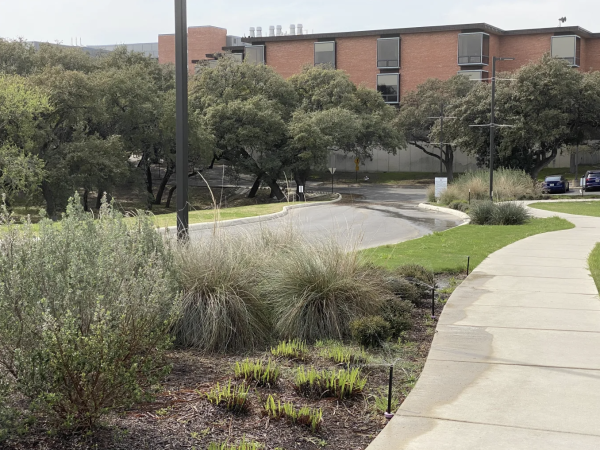The responsibility to uplift and amplify
In an interview with the Trinitonian, Demitrius Brown, Dean of Students, said that one of the biggest benefits of engaging in Black History Month is that we become advocates for one another. That we practice empathy in action.
“I may not understand completely anyone’s lived experiences, but I can be an advocate for them in their own spaces,” he said. “Can I create space to learn? Can I create space to get something outside my own purview? Outside my own control? Can I learn another person’s narrative?”
These questions strike us as a journalistic publication whose ultimate goal is to tell stories. We aim to inform the community while engaging in an exchange of ideas through the people we interview, those who support us through advertising and guest columns submitted by students, staff and faculty. Because of this mission, the Trinitonian has a unique responsibility to engage in Black History Month by shedding light on the joys and strides of the Black community, as well as the ongoing struggles for a more diverse, equitable and inclusive campus.
Media, all the way down to college newspapers, are historically notorious for their harmful coverage of marginalized people if they cover them at all. When we do, it’s often because it’s a trending subject or it’s the “right time” for it, like during Black History Month. A FiveThirtyEight analysis of cable news networks found that the phrase “Black Lives Matter” appeared less than half as much between the years 2017 and 2019 than it did between 2014 and 2016. However, the Black Lives Matter movement didn’t stop in 2016, nor did police brutality become any less ubiquitous in America. Too often, news organizations sensationalize the plight of marginalized groups but drop the topic when it doesn’t garner enough clicks. When there is something deemed more important to pay attention to. When the month of February ends, thus so does the scheduled programming surrounding Black history within our communities.
Although it is hard to admit, the Trinitonian contributes to this problem. Our newsroom can always be more diverse. Our coverage can always include underrepresented groups on our campus, 365 days a year. We can always hand over the microphone along with our journalistic ego because instead of being a voice for the “voiceless,” we can be a sounding board for those who should be heard even louder.
As we aim to improve the newspaper by doing the work within the newsroom, our door is always open. Guest columns can be submitted to our Opinions editor, Sarah, ([email protected]) and inquiries, criticism or other types of engagement can be sent to [email protected].




